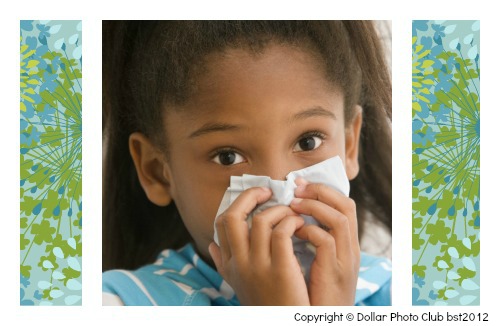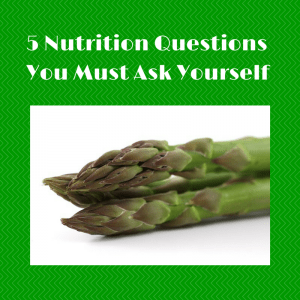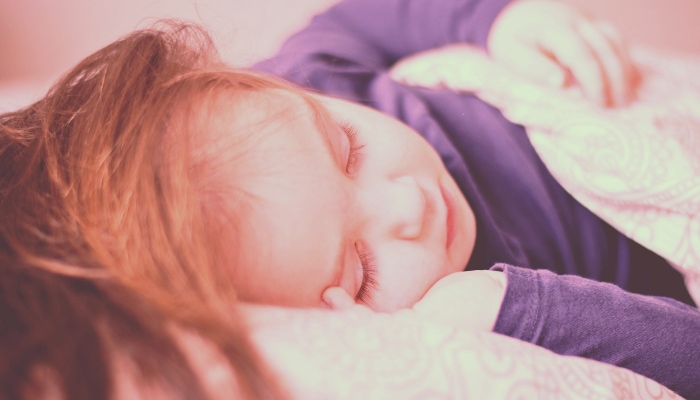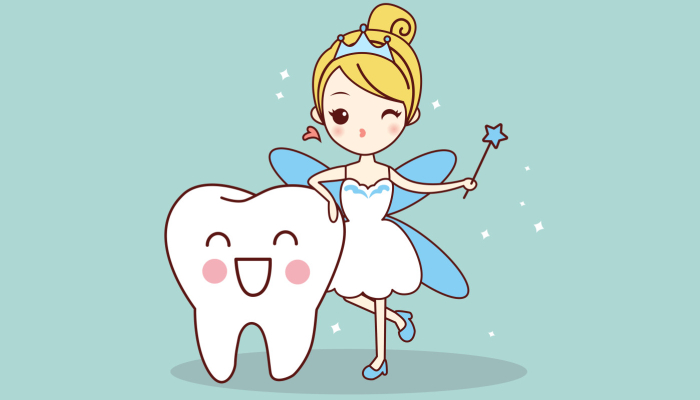Seasonal Allergies: Separating Fact from Fiction
By Jason Caldwell, DO, assistant professor of internal medicine and pediatrics, section of allergy and immunology, at Wake Forest Baptist Health
Many children and teens suffer from seasonal allergies in the spring. Unfortunately, there are a lot of misconceptions about allergic rhinitis that can lead to ineffective management of the condition. The following information will help you in making treatment decisions about your child’s allergies. If you still have questions, schedule an appointment with an allergist.
Myth: Antihistamines are the best treatment for allergic symptoms.
Truth: When it comes to the nasal and eye symptoms caused by allergies, antihistamines like Benadryl and Zyrtec can be somewhat helpful. However, those medications won’t do anything for congestion and stuffiness. The best medical option for an allergy sufferer is a nasal corticosteroid, such as Flonase, Nasonex or Nasacort.
Myth: You should only give your child allergy medicine as needed.
Truth: Nasal corticosteroids are not as effective when they’re not taken consistently. If your child has seasonal allergies, but not year-round allergies, it’s fine to only give him or her medications during high-pollination months. During that period, however, administer the medication daily, as directed.
Myth: Because most allergy treatments are available over the counter, it’s not necessary to take your child to an allergist.
Truth: Not only are antihistamines available over the counter, some nasal corticosteroids are as well. While it’s fine to select over-the-counter allergy medications on your own, consulting with an allergist is the best way to receive a tailored treatment plan for your child. An allergist can help you better navigate the different varieties and dosages of allergy medications, help you combat potential side effects, and suggest additional methods of symptom management.
Myth: Long-term nasal corticosteroid use is not good for children.
Truth: Nasal corticosteroid sprays are pretty safe for use in children and teens. Some studies have found that there may be minimal height loss in some children who take nasal corticosteroids. It’s worth noting that this side effect is not widely observed. In addition, the height loss is negligible (only a few centimeters) and reversible. The most common side effect of nasal corticosteroid use is nosebleed. Changing products or altering the position in which the spray is administered can often remedy this.
Myth: If your child suffers from year-round allergies, he or she doesn’t need additional treatment for seasonal allergies.
Truth: Some children who suffer from year-round allergies, such as allergies to dust mites or pets, can also experience seasonal allergies; some children, however, do not. The best way to know what your child is or isn’t allergic to is to see an allergist for allergy testing. If your child does have both seasonal and year-round allergies, you might want to consider having his or her dosage increased for high-pollen months. It’s important to find the treatment plan that is most suitable for your child.
Myth: Even babies suffer from allergies.
Truth: Typically, allergies in children start around age 2 and peak around age 4. If you have a child under age 2 who is experiencing allergy-like nasal symptoms, the culprit is probably an infection. Visit your pediatrician for a specific diagnosis and treatment.
Myth: It’s better to give your child allergy medications than to have him or her receive allergy shots.
Truth: Any allergy treatment should address a child’s individual health needs. Allergy shots (immunotherapy) are a good option for when medications are not controlling the child’s symptoms appropriately—or for when medical management has become too cumbersome. In the right patients, allergy shots can lead to a reduction of symptoms about 90 percent of the time.
Myth: Avoidance therapy is the best way to treat seasonal allergies.
Truth: If your child is highly allergic to pollen, it’s a good idea to take steps to avoid the allergens when you can. For instance, you should keep windows closed during peak pollen days. However, kids with allergies still need to be able to live normal lives. You wouldn’t want your child or teen to stop spending time outdoors or participating in extracurricular activities just to avoid pollen. Therefore, your main focus should be on controlling your child’s symptoms.
To make an appoint with Dr. Caldwell at the Wake Forest Baptist Allergy, Asthma, and Immunology Clinic at the Medical Plaza – Clemmons, call 336-716-WAKE.
*Sponsored by Wake Forest Baptist Health







